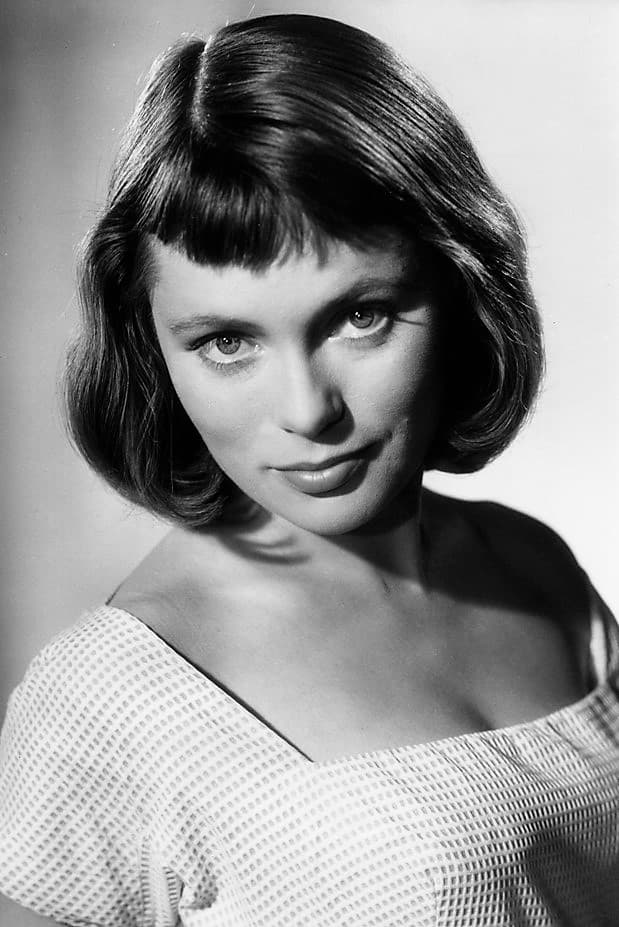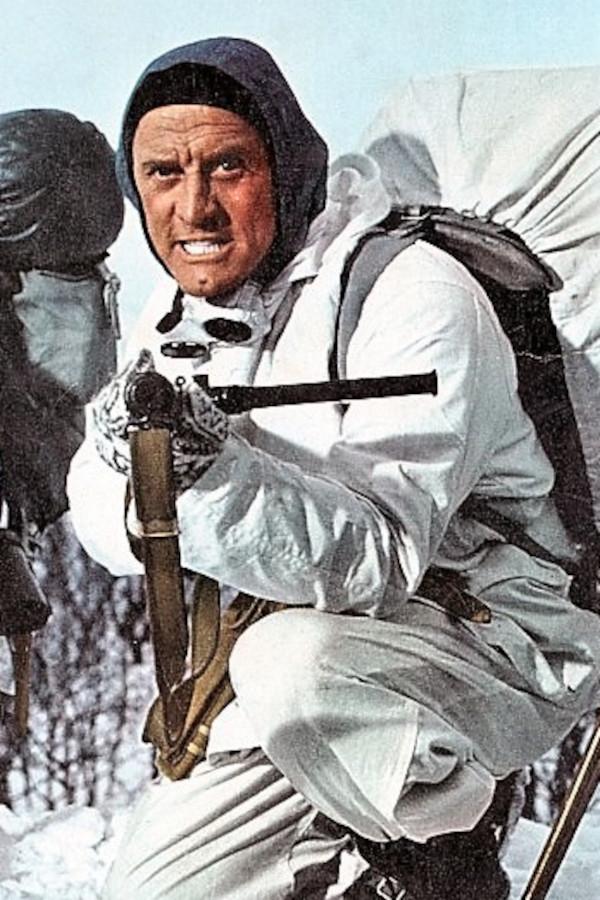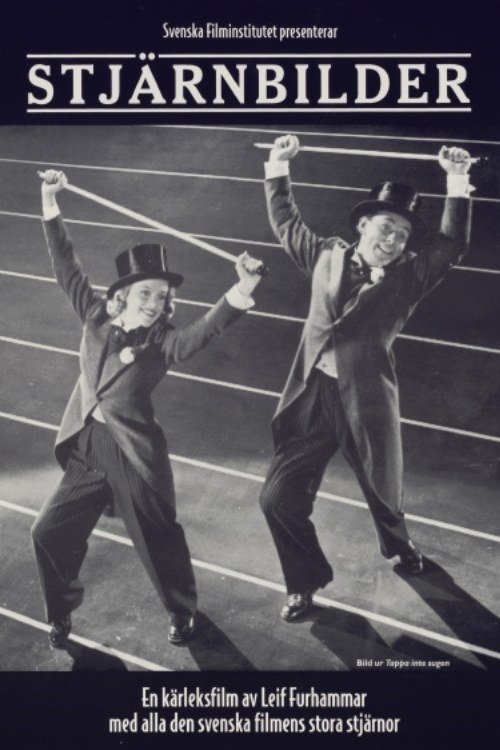

Over one hour of black-and-white location footage and interviews with the stars and director, all staged outdoors in manifestly frigid conditions. Mann talks about his filmmaking philosophy and the challenges of shooting in such rugged locations, and shares his insights on the Douglas-Harris feud.
1951 - the year when Snoddas plays bandy and the naval spy is exposed. Stålfarfar rides a bike, Pär Lagerkvist receives a Nobel Prize and Tage Erlander and Karl Gerhard are getting older. Out in the world there's a cold war and in Sweden there's the big Västgöta maneuver. There's a plastic fashion and new hairstyles for a new age.

A tribute to Swedish film, which was made to celebrate the 100th anniversary of film in 1995 and consists of about a hundred clips from Swedish film history with many of its stars.
Ulla Jacobsson (23 May 1929, Mölndal – 20 August 1982, Vienna, buried at the Wiener Zentralfriedhof) was a Swedish actress who is perhaps best known for playing one of the very few female roles in the film Zulu. Jacobsson was born in Gothenburg, Sweden. Originally a stage actress, she started appearing in English language films in the early 1960s and tended to play serious and anxious looking characters. She first become known internationally for nude scenes in One Summer of Happiness. Other notable roles include Ingmar Bergman's Smiles of a Summer Night, The Heroes of Telemark and la Servante. A role in the American film Love Is a Ball was an attempt to make her a sex symbol. She won the German Film Award for Supporting Actress in Alle Jahre wieder (1967). She was married to Austrian ethnologist Hans Winfried Rohsmann (1918–2002). Jacobsson's film career tailed off in the 1970s, and she died in Vienna, Austria from bone cancer at age 53. Description above from the Wikipedia article Ulla Jacobsson, licensed under CC-BY-SA, full list of contributors on Wikipedia.
By browsing this website, you accept our cookies policy.